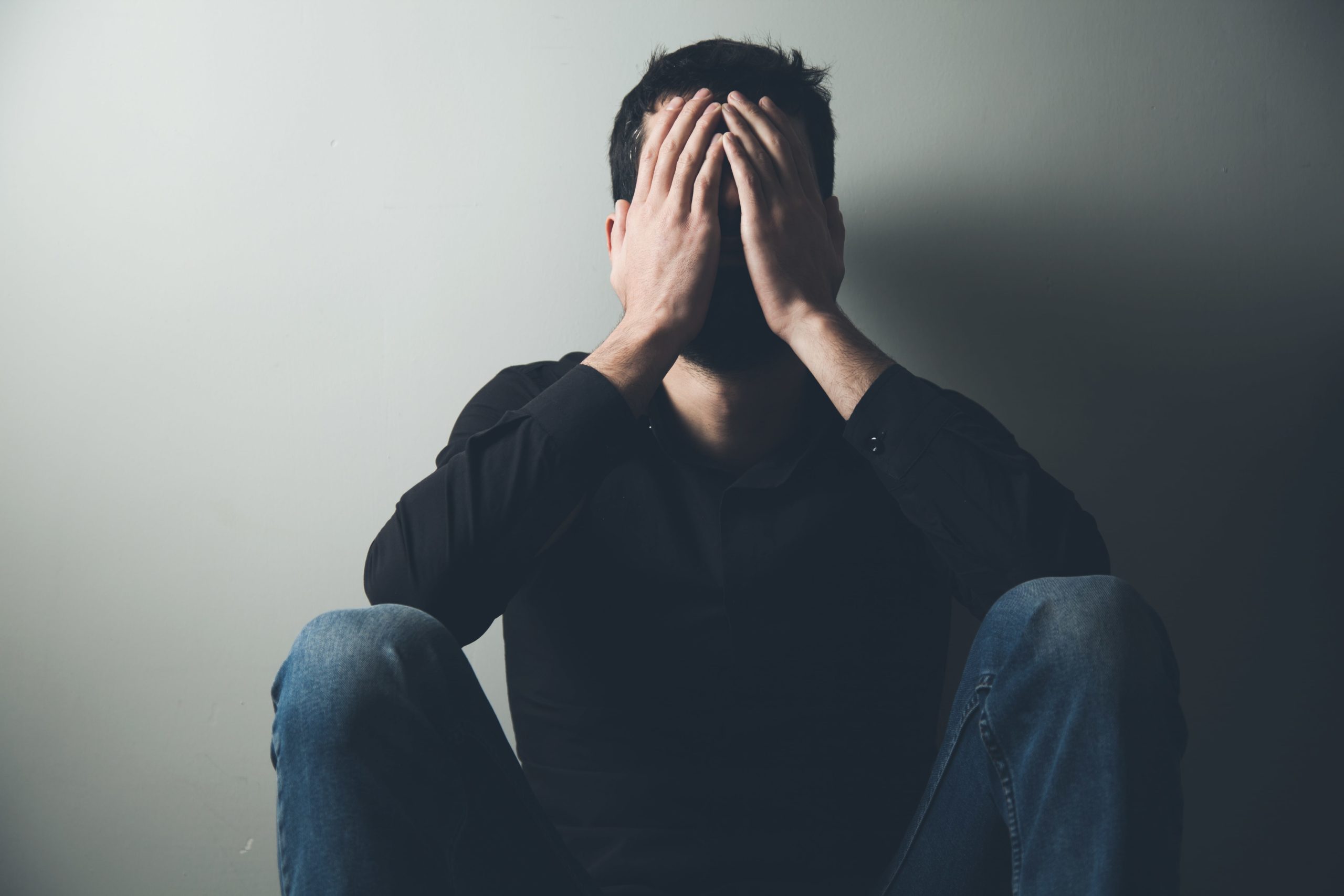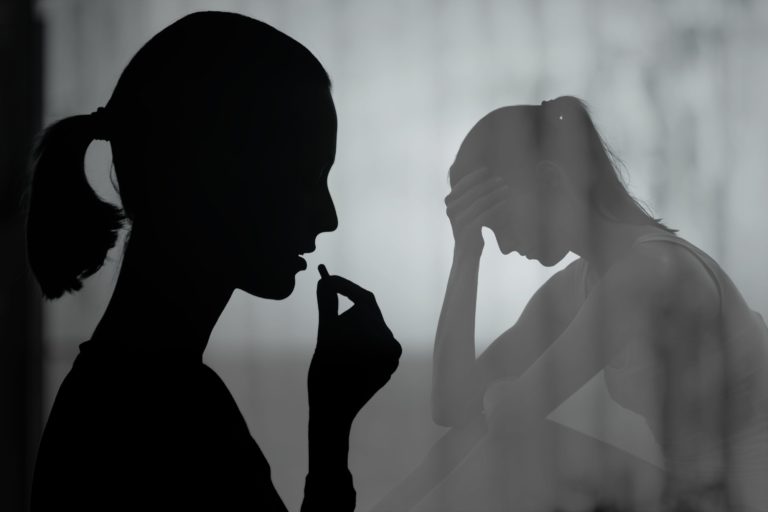Depression is one of the leading mental health disorders in the United States, with more than 16 million Americans affected by it. According to the Anxiety & Depression Association of America, depression is the leading cause of disability in people between the ages of 15 and 44. While depression can be effectively treated with a number of different evidence-based methods, it is not a mental health disorder that can be cured. For those who are experiencing depression first hand, one of the main questions they may have is, “how long does it take to recover from depression?”
What is Depression?
Depression is defined as a “mental health disorder characterized by persistently depressed mood or loss of interest in activities, causing significant impairment to daily life.” This official definition of depression is descriptive, but does not cover the whole scope of what depression truly is. Of course, those with depression often find themselves with a depressed mood and not wanting to engage in activities they used to enjoy. But there is more to depression than that. Some additional symptoms of this mental health disorder can include the following:
- Feelings of sadness and/or hopelessness
- Irritability, including outbursts
- Finding no pleasure in things that once brought pleasure
- Lack of energy
- Sleep problems that can include either sleeping too much or not enough
- Changes in appetite, leading to either weight gain or loss
- Feelings of shame, guilt, and worthlessness
- Suicidal thoughts, tendencies, and behaviors
- Slowed cognition
- Problems with memory and concentration
- Anxiety
- Difficulty making decisions
These symptoms, especially when compounded, can make simple things like getting up out of bed and opening the curtains seem impossible. Individuals may go through their days feeling like they are trapped in a “mental fog” that they can’t seem to escape. Thankfully, there are many treatment options ranging from traditional talk therapy to more advanced treatments like TMS that can help reduce these symptoms. However, for those who have depression, they might be wondering, “how long does it take to recover from depression?”

How Long Does It Take to Recover From Depression?
Depression is not a curable condition, meaning that if a person has it, they have it for life. Similar to substance use disorders and recovery, individuals need to develop skills to help manage their symptoms so that their depression does not negatively affect their everyday lives any longer.
But, how long does it take to recover from depression? Just as with any other type of mental or physical health condition, each individual person will recover from depression at their own pace based on several various factors.
Severity of the Depression
Some individuals experience very mild depression, where their lives are not overly affected by their symptoms but are still present and upsetting. Others may have depression that is crippling and has caused them several extreme issues related to their well-being. And of course, there are many who fall right in the middle. The severity of one’s depression will play a role in how long it takes for them to recover. In general, the more severe the depression, the longer it takes to treat.
Timing of Treatment
Studies show that getting professional intervention as quickly as possible helps to increase the speed with which a person can recover from depression. Unfortunately, depression is an insidious condition that can completely destroy one’s motivation to do much of anything, never mind reach out for help. The sooner that treatment is obtained, the better off one will be and the faster their recovery will develop.
Type of Treatment
There are many different kinds of depression treatments available, allowing for everyone to find something that works for them. Most people respond well to a combination of traditional psychotherapy and medication, but not everyone finds relief via that treatment option. Others may find that they have treatment-resistant depression, or TRD, which means that they have not experienced any relief of symptoms from most forms of depression treatment. In this instance, some individuals may obtain more out-of-the-box treatment, such as transcranial magnetic stimulation, or TMS, to help address symptoms.
Patient Response to Treatment
All forms of depression treatment can begin being effective for individuals at different times. For example, someone who is engaging in cognitive behavioral therapy and beginning an antidepressant may start to see some improvement initially, but not receive the full effects of their medication for a few more weeks while it builds in the system. Others may begin treatment and find that they do not like their therapist or that their medication is not working. It is not easy trying to treat depression because of these things, therefore when they occur, they can make the timeline to achieving recovery from depression longer.
Contact Our Depression Treatment Center in Tennessee
You are a unique individual with unique needs. At Arbor, we understand that this journey is one that is all your own. Our team of professionals will work with you to help you establish a firm footing in your recovery and encourage you along the way.
If you are experiencing depression and want to get help, do not waste one more second. Contact us at 866-771-1649 right now to speak with one of our compassionate and experienced team members.
You do not need to go through this alone. Contact us today.


















